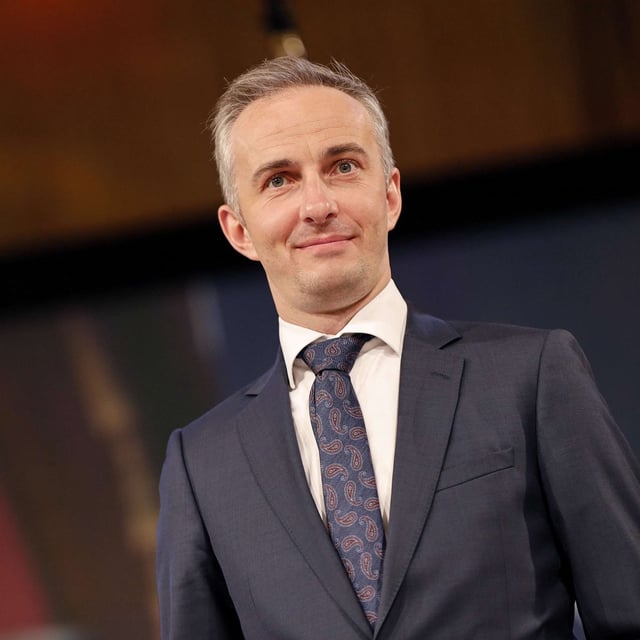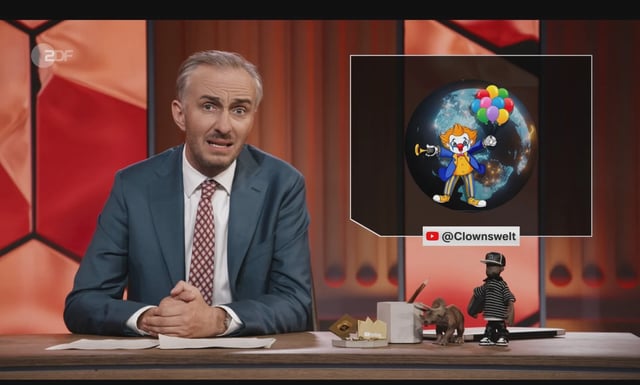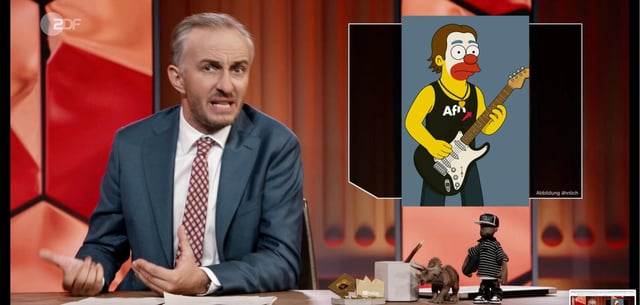Overview
- Jan Böhmermann and Die Zeit revealed the identity of Marc-Philipp L., the creator behind the right-wing YouTube channel 'Clownswelt,' using investigative techniques like image matching and voice analysis.
- The disclosure has been criticized as doxing, with accusations that it aimed to isolate and intimidate the influencer by exposing private details such as his age, location, and academic history.
- The exposure led to a significant increase in 'Clownswelt's' subscriber base, growing from 227,000 to over 334,000, while sparking a heated debate on online anonymity and accountability.
- Supporters of the YouTuber retaliated by publishing alleged personal information about Böhmermann, escalating tensions and raising concerns about the ethical implications of such actions.
- Legal experts are evaluating whether the revelations and retaliatory doxing violate German laws on data protection and hate speech, as public and media discourse on the issue continues to evolve.



